Today’s readings
I used to be upset that Saint Patrick’s Day always happened during Lent. I’d have to postpone the celebration of my favorite saint until Sunday, especially if it fell on a Friday, because we just didn’t have corned beef on Friday, you know. But as I’ve grown older, I appreciate that Saint Patrick’s Day is in Lent, because I think Saint Patrick has a lot to say to us about Lent.
Lent, is a time of conversion and renewal of faith. Saint Patrick’s life was one of conversion. He wrote about that in his famous Confession, which was a work that talked all about his life of faith. Listen to what he said at the beginning of it: “And there the Lord opened my mind to an awareness of my unbelief, in order that, even so late, I might remember my transgressions and turn with all my heart to the Lord my God, who had regard for my insignificance and pitied my youth and ignorance. And he watched over me before I knew him, and before I learned sense or even distinguished between good and evil, and he protected me, and consoled me as a father would his son.”
And so we have here a great story of conversion. Because we are sinners too, right? I think that it’s so important for us to see that the great saints didn’t start out that way. They were sinners, but they just kept on trying to be better, to be holier, to come to know and love God more. Saint Patrick writes of an unmentioned sin, dating from before he was ordained, even before he was living a Christian life. The sin was apparently known to a friend of his – a friend who lobbied for him to become a bishop, and then later betrayed him to his superiors. Patrick had long since moved on from where he was at the time this sin was committed, he is an older man now, looking back on the mistakes he made as a youth, and not bearing any ill-will toward those who would rub his nose in it, he thanks God for the strength he has since gained: “So I give thanks to the one who cared for me in all my difficulties, because he allowed me to continue in my chosen mission and the work that Christ my master taught me. More and more I have felt inside myself a great strength because my faith was proven right before God and the whole world.” It’s just like what we heard from Ezekiel in today’s first reading: If the wicked man turns away from all the sins he committed, if he keeps all my statutes and does what is right and just, he shall surely live, he shall not die. God wants us to turn back to him, always.
Saint Patrick had to weather so many storms in his life. He was kidnapped and enslaved, he worked in mission territory among people who at times were hostile to the Christian way of life, he was betrayed by a friend and besieged by fellow clergymen who were jealous of the success of his ministry and critical of the way he did it. But through it all, he was grateful for the power of God at work in him. The faith that led him to be that way was nourished on a strong friendship with God.
One of my favorite things that we have from Saint Patrick is known as the “Lorica” or “Breastplate” prayer. Some say he didn’t actually write it, but I think he did, because it was the kind of thing that he would have written, given the faith that he had. It’s a great prayer of deliverance from evil and reliance on the power of God:
I arise today
Through a mighty strength, the invocation of the Trinity,
Through the belief in the threeness,
Through the confession of the oneness
Of the Creator of Creation.
I arise today
Through the strength of Christ’s birth with his baptism,
Through the strength of his crucifixion with his burial,
Through the strength of his resurrection with his ascension,
Through the strength of his descent for the Judgment Day.
I arise today
Through God’s strength to pilot me:
God’s might to uphold me,
God’s wisdom to guide me,
God’s eye to look before me,
God’s ear to hear me,
God’s word to speak for me,
God’s hand to guard me,
God’s way to lie before me,
God’s shield to protect me,
God’s host to save me
From snares of demons,
From temptations of vices,
From everyone who shall wish me ill,
Afar and anear,
Alone and in multitude.
Christ with me, Christ before me, Christ behind me,
Christ in me, Christ beneath me, Christ above me,
Christ on my right, Christ on my left,
Christ when I lie down, Christ when I sit down, Christ when I arise,
Christ in the heart of every man who thinks of me,
Christ in the mouth of everyone who speaks of me,
Christ in every eye that sees me,
Christ in every ear that hears me.
I arise today
Through a mighty strength, the invocation of the Trinity,
Through belief in the threeness,
Through confession of the oneness,
Of the Creator of Creation.
What a wonderful prayer, a prayer that we would recognize Christ in every part of our day, no matter how little or big a thing we are doing. That we would recognize Christ in every person in our lives, and that we would recognize Christ wherever we are.
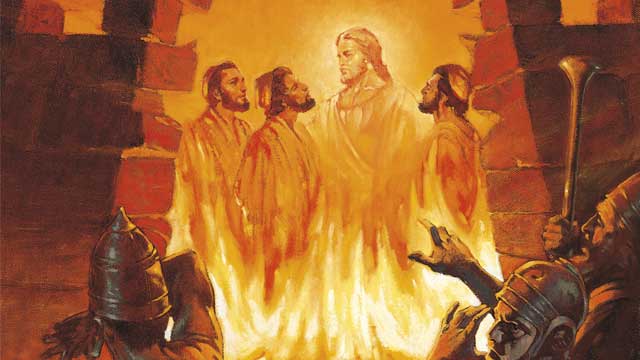
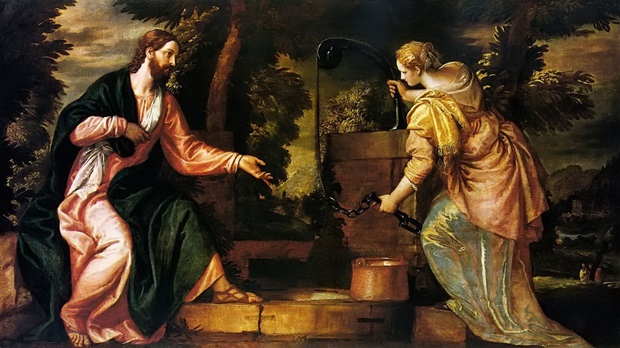
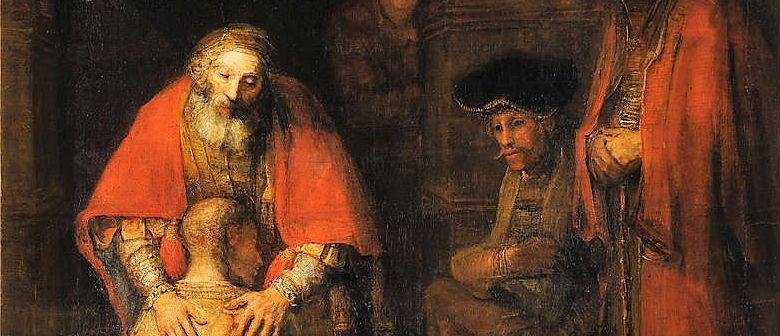
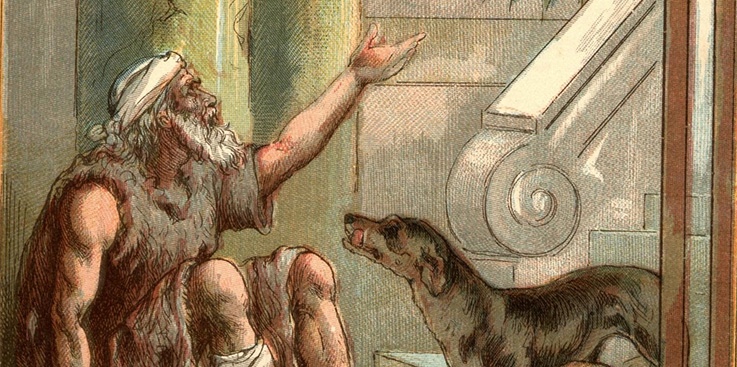
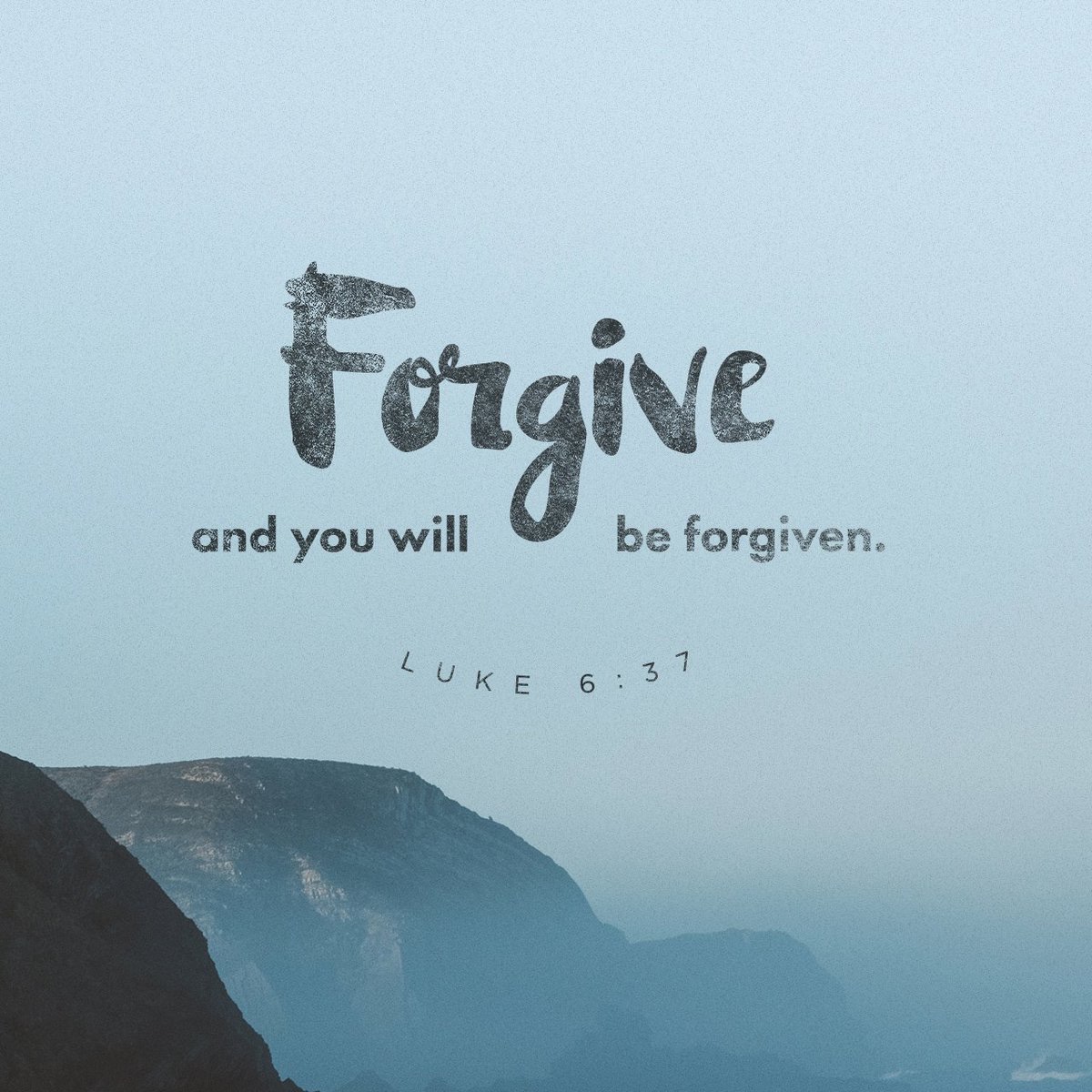
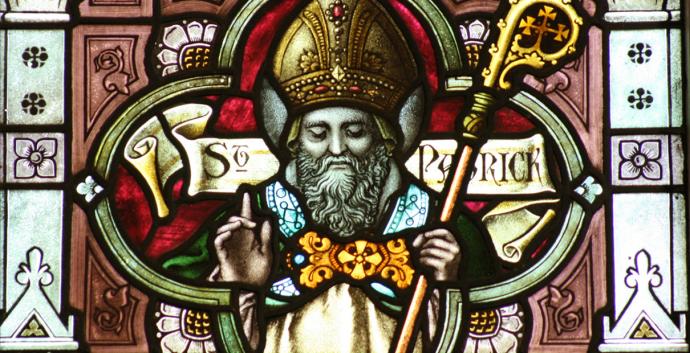
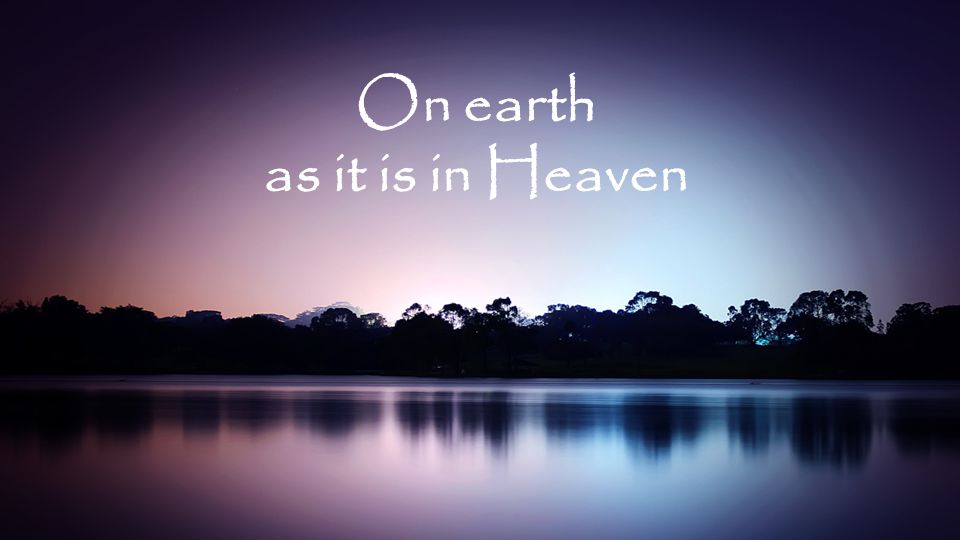
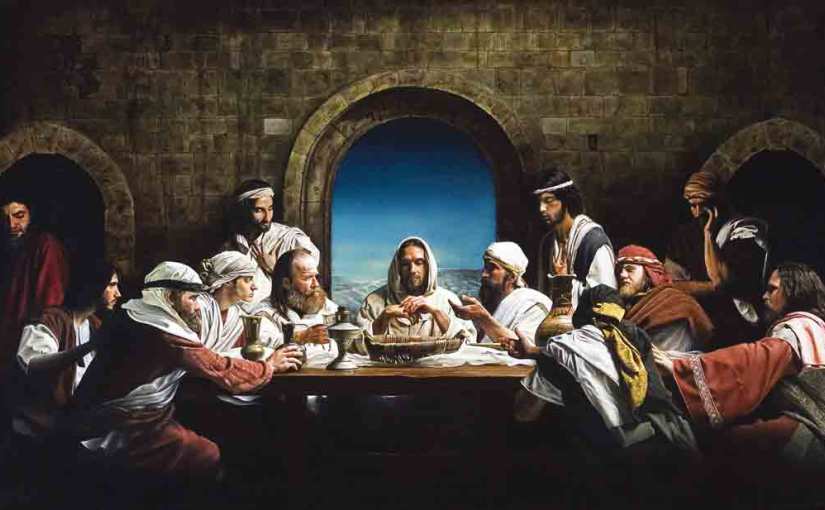
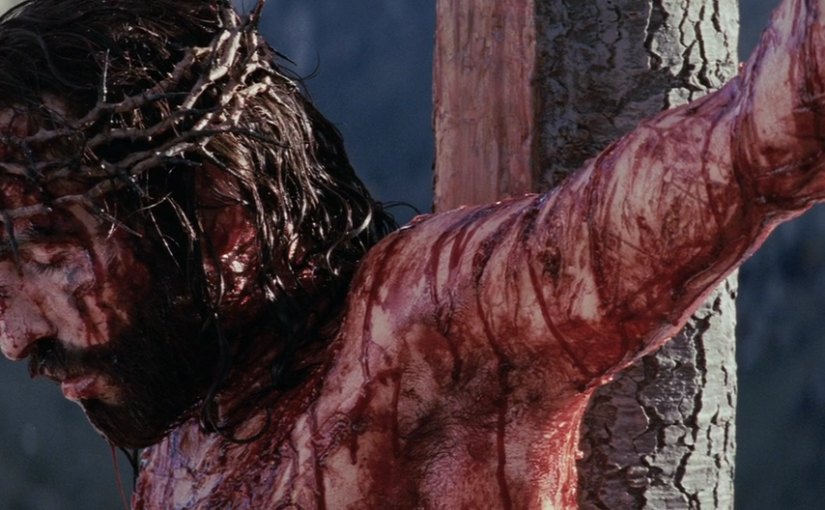

You must be logged in to post a comment.